Ricci and Grammer Speak on Independent Films and 'Mildred'
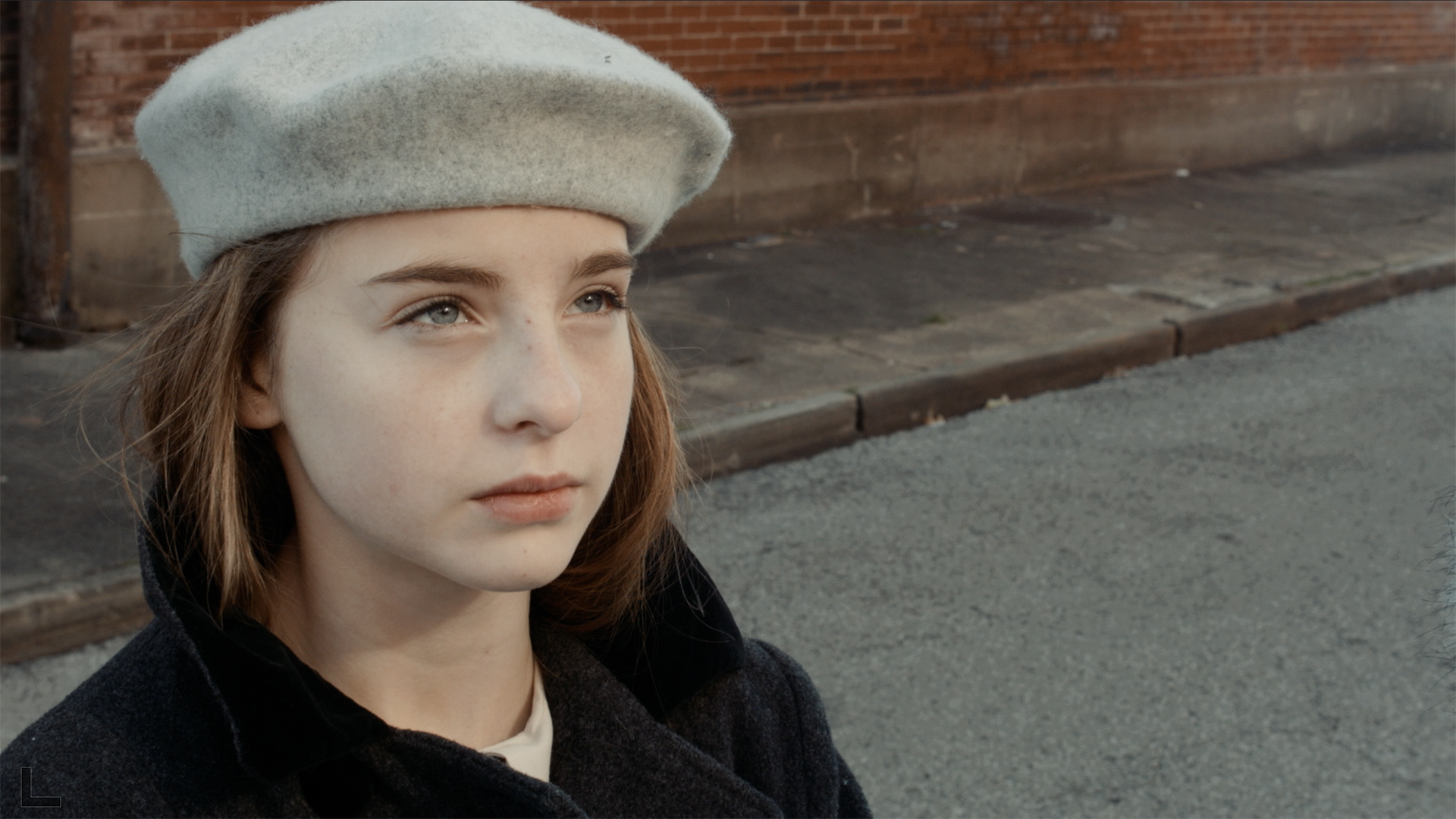
In an interview, Ricci and Grammer discuss the challenges they face as filmmakers and how a group like this one can help develop connections and bring ideas into fruition.
What are some challenges you face as independent filmmakers in Southern Illinois?
Michael Ricci: I suppose the same challenges faced by independent filmmakers everywhere: resources, time, funding. In Southern Illinois specifically, it is often a question of finding the right talent both in front of and behind the camera who don't have to travel too far to participate.
Cody Grammer: I definitely think the hardest challenge about being a filmmaker in Southern Illinois is finding actors and actresses, as well as a crew with solid skills and the time to volunteer to help make your project come to life. We don't have any money. We usually start with a story and find locations to match. We're not in LA. We're not in Georgia. People are slower to trust you with their time and efforts.
What was the reason behind developing a group such as the Southern Illinois Film Makers and Actors Facebook page?
Michael: Networking. [The admins of the group and I] suspected there were a lot more people in Southern Illinois more interested in independent filmmaking than we knew about personally, so we wanted to bring them together in a place where we could exchange projects and ideas, announce casting and crew calls, ask questions and provide opportunities for different people to work together.
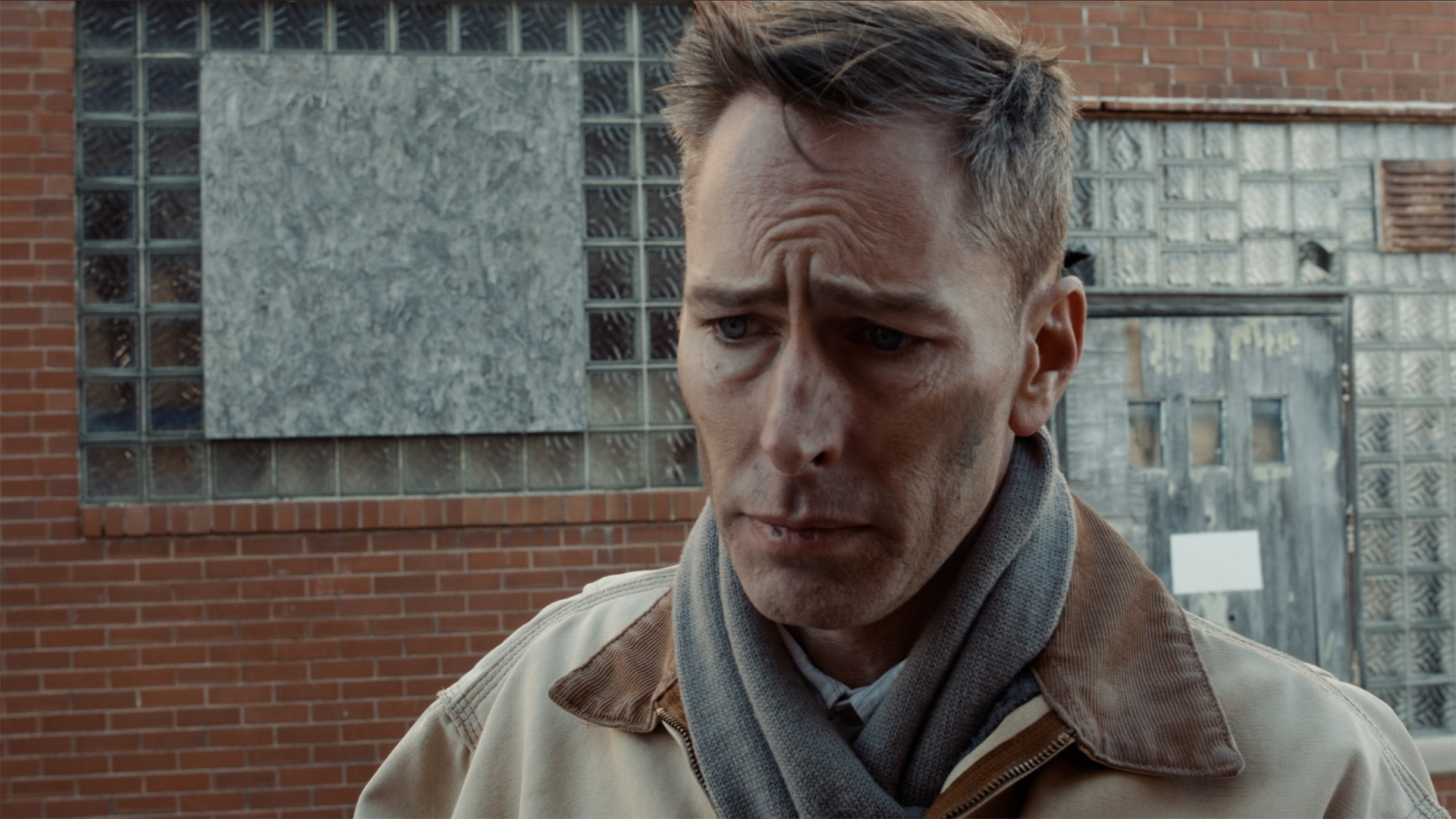
Cody: [Michael Ricci and I] needed people. Plain and simple. This area is full of rich locations. You can find almost any kind of scenery or atmosphere you want within a two hour drive in any direction. Finding like minded people to work with, both in front of and behind the camera proved to be more difficult. Having a specific Facebook group for Southern Illinois was pivotal to developing a solid team and inspiring others to follow their dreams. We wanted other filmmakers to know that there are more of us out here and we are all willing to work together no matter who comes up with the idea.
What was one major success or advantage you have seen since starting this Facebook group?
Michael: [The admins of the group and I] found Cody Grammer, our cinematographer and now good friend, in the group, which then led to meeting his terrific and wildly talented family, many of whom have and continue to add their talents to our projects.
Cody: We were able to have a platform to jumpstart our own film festival to showcase the local talent here in the Midwest. We started the Shawnee Shorts Midwest Film Festival dedicated to presenting the culmination of hard work filmmakers in our region have to offer.
What are some resources this group has to offer?
Michael: Talent, locations, extras, ideas, problem solving, etc. It has really become a wonderful resource for filmmakers in our area.
Cody: The Southern Illinois Film Makers and Actors page really helps connect all of us in the region and fill the needs of those trying to get their project off the ground. I see tons of casting calls there. The people in charge of the Southern Illinois Film Commission are in the group. Their goal is to convince larger productions to film in our area instead of filming elsewhere such as St. Louis or Chicago. We want to bring more opportunities to the talented filmmakers of our region. We originally started out getting together on a monthly basis and hosting a potluck meet and greet. I'd like us to get back to that so that people can meet face to face and discuss upcoming projects.
How does social media help local filmmakers in the development of their projects?
Michael: In just about every way you could think of. Networking, communication, scheduling, trading ideas, people and equipment [are all very helpful]. Social media has become indispensable to the process.
Cody: When utilized properly, social media can help fill the needs of any filmmaker. We've been able to exchange equipment, borrow lights, camera gear, etc. There are plenty of filmmakers around that are willing to help with their talents and equipment. You can create events there and casting for main roles or extra has never been easier.
How did this social media group page help in the development of your film Mildred?
Michael: We found a fantastic location for "Mildred" by asking the group if they knew of any interiors that could pass for the Depression Era. We got a lot of enthusiastic responses and ended up at the Historic Hull House in downtown Murphysboro, which was perfect.
Cody: Social media was crucial when it came to finding extras for the final scene in "Mildred." We really wanted it to feel like we were outside of an actual factory during shift change. With the Film Makers and Actors page, we were able to not only secure a bunch of extras, but also emphasize that we wanted period specific clothing and I gotta say, they really delivered.
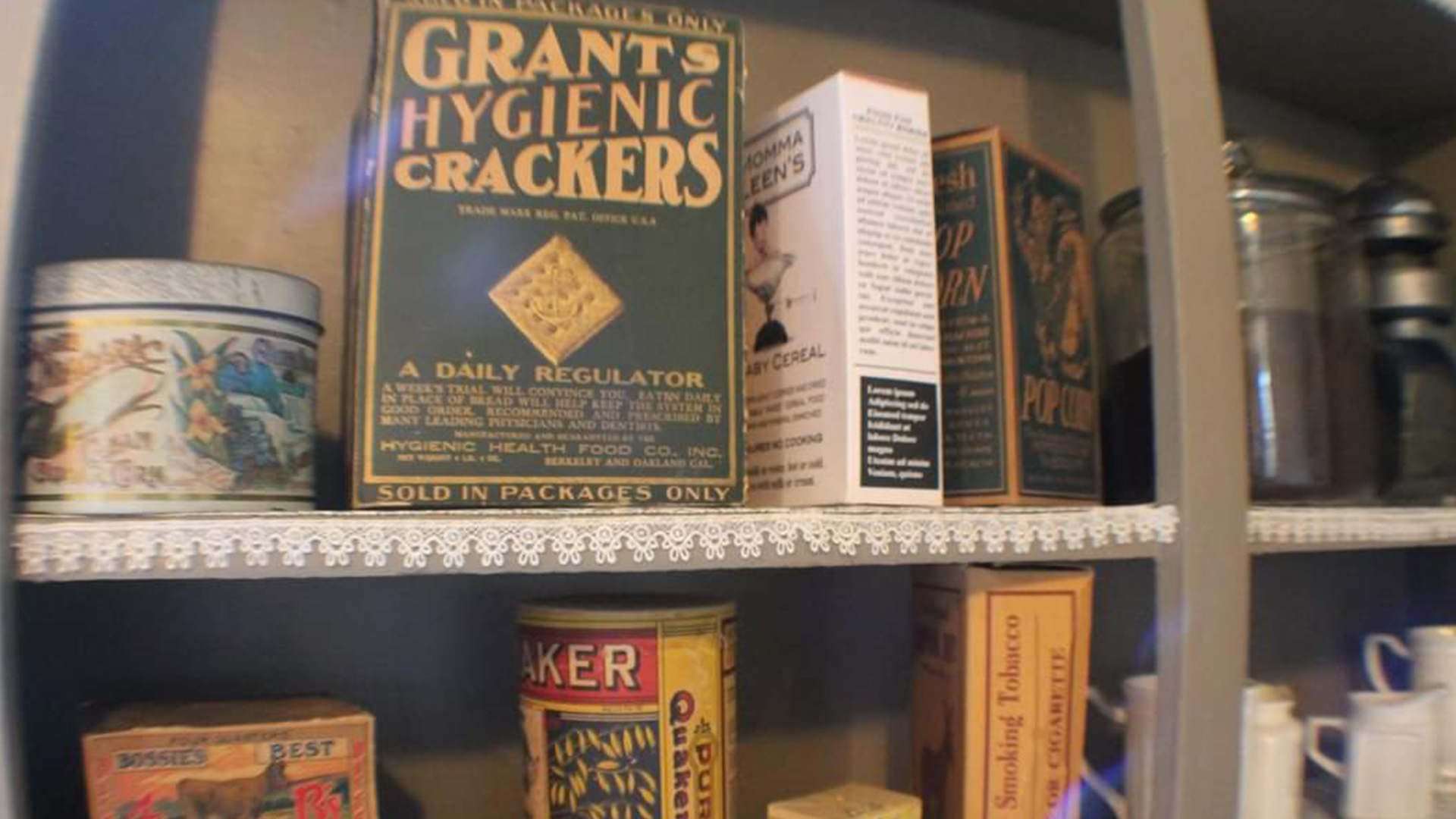
What is the driving motivation for creating films and how does this fit into your current employment situation?
Michael: I've been a lifelong cinephile who always dreamed of making movies. I was eight years old when my dad handed me his 8mm Bell and Howell movie camera. It's been downhill ever since.
Luckily, I own my own business (mostly unrelated to filmmaking) so I am able to find the time and secure the resources to do what I really, really love, which is making films.
Cody: Growing up, I was enchanted by movies like "Jurassic Park," "Star Wars," "Back to the Future," "Forrest Gump," etc. I also remember watching promos for matches between my favorite wrestlers like Shawn Michaels and The Undertaker. I always loved the way these works of art made me feel.
Even at a young age, I knew there was somebody behind the camera that made these movies that gave me goosebumps. That's what I strive for in every film. If I can make even one person feel something that connects them to the story or visuals on screen, then I have succeeded. I want people to remember how the films I helped create made them feel.
I had been creating commercials until recently and am now just working freelance. Whether it's a short film, a documentary, or a commercial, I always try to convey feelings through my work.
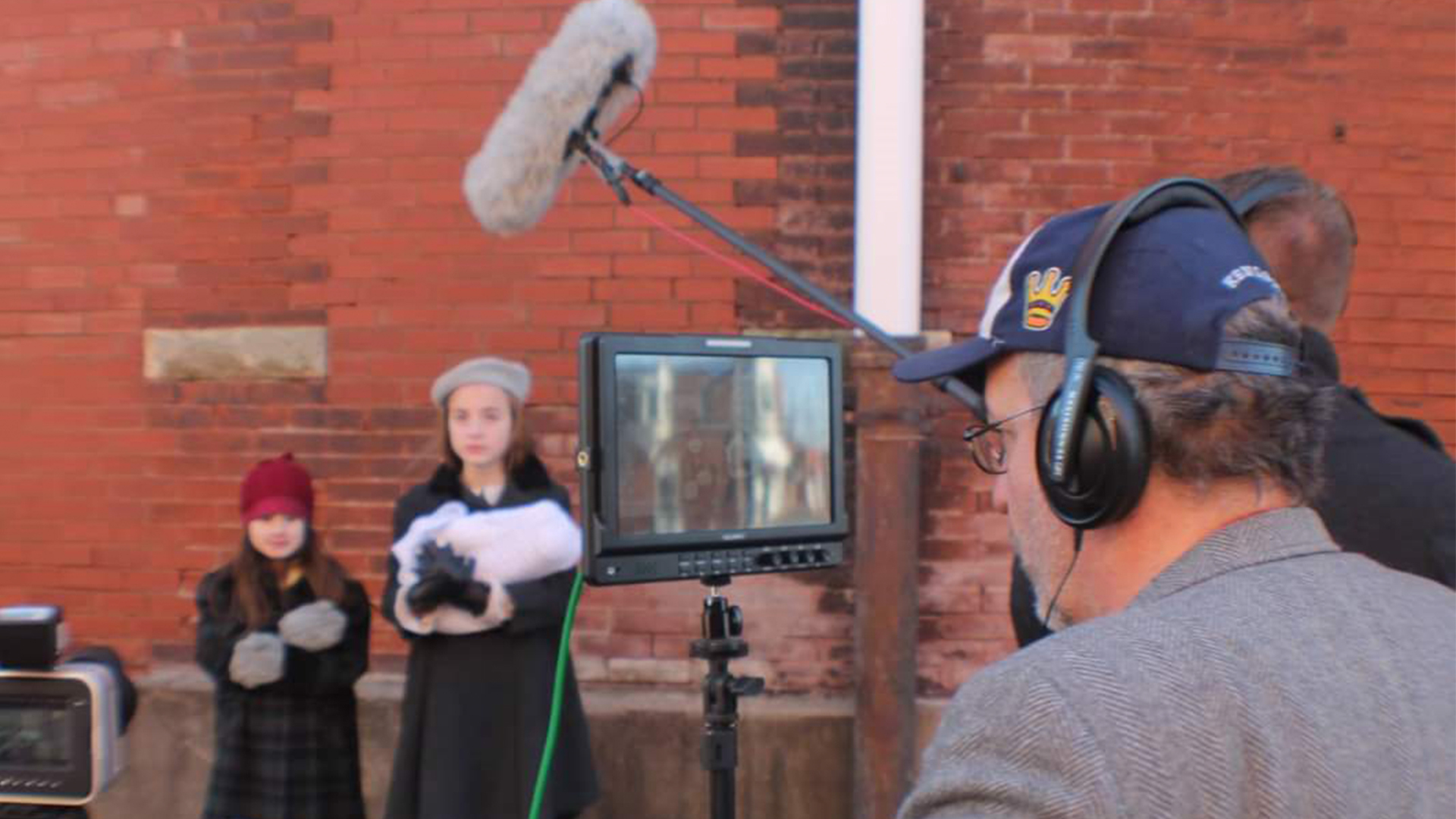
How do Facebook pages like the Southern Illinois Film Makers and Actors Facebook page help individuals who have not had the opportunity to go to film school break into the industry?
Michael: Simply by joining the group, they become part of a supportive community of filmmaking enthusiasts. Never been on a film set before, but would love the opportunity? Just ask. Group members are always willing to help newbies get their first taste, first experience of the process and are willing to teach everything they know. It is really a very welcoming community.
Cody: It doesn't matter what job you have, nothing beats experience. There are so many projects going on around here, all you have to do is log on and you will see an opportunity to be on set. There are music videos, short films, documentaries and features all in the works in our region as we speak. The more you volunteer, the more everyone is willing to work with you again. You never know when that person or project could lead you to something bigger.
Based on the interaction in this Facebook group, do you see any trends in genre, talent and other filmmaking in Southern Illinois?
Michael: Lots of horror movies. The go-to genre for low to zero budget independent projects, which is so much fun! Making horror movies is like working in a spook house or wearing a scary costume for Halloween...knowing you give someone a jump in a safe and fun way is just fun.
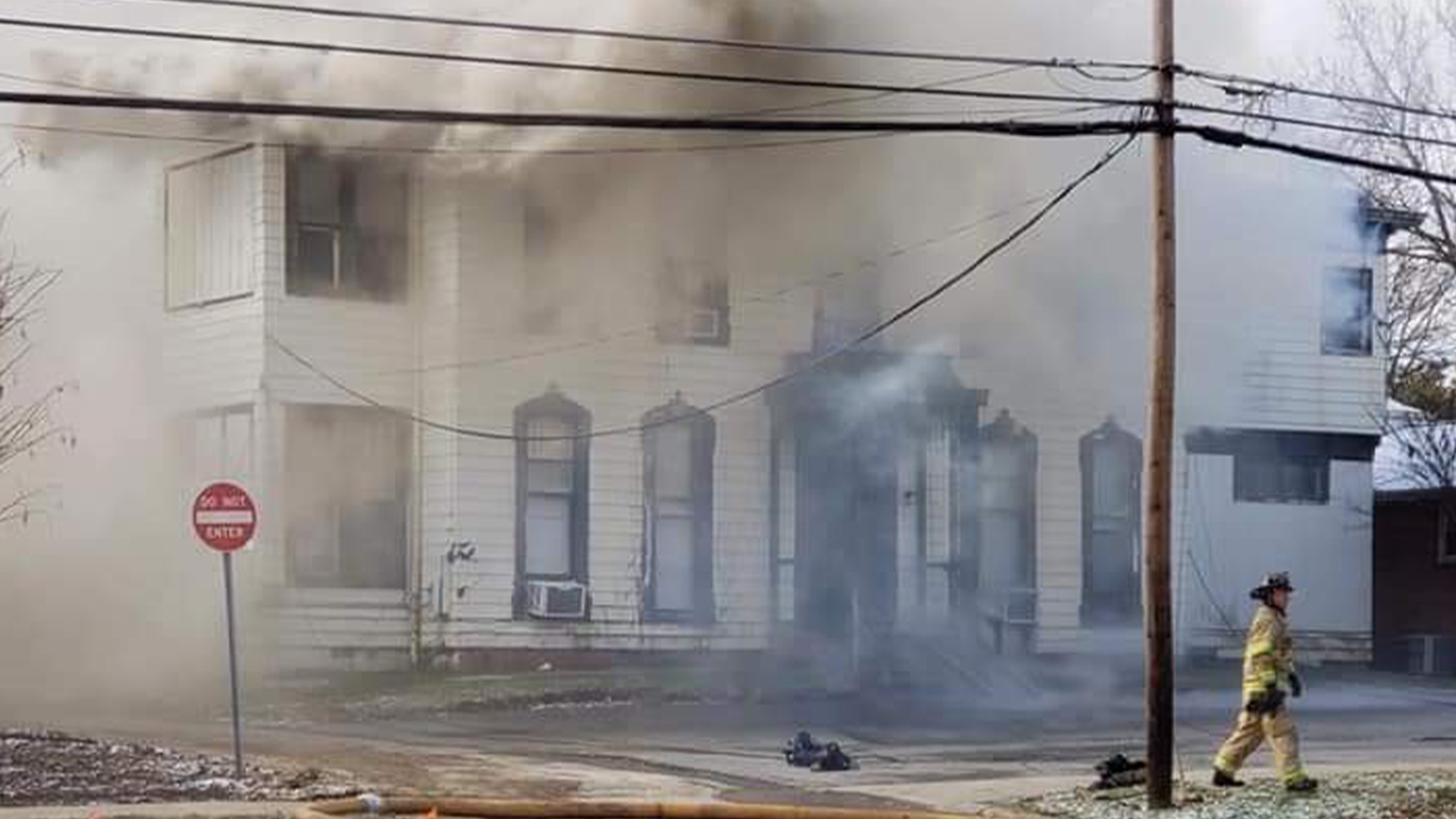
Cody: I agree with Mike. Unfortunately, when you are a low budget filmmaker, you don't always have the best or necessary equipment such as lighting. So what do you do? Film in the dark. That just lends itself to horror films. I would definitely like to see more dramas and or comedies come out of our region. That's part of the reason I really love "Mildred" and what we were able to accomplish with it.
If you could give any independent filmmakers one piece of advice, what would it be?
Michael: Plan as much as possible as early as possible. Plan your locations, your shots, your lights, your schedule, your props...plan your work and work your plan.
Cody: 50 percent of your time and effort should be spent in pre-production. 25 percent actually filming and 25 percent in post-production. If you do the hard work at the front of the project, you will save yourself so much time and headache in the long run.
Any last comments you would like to add?
Michael: Anyone can be a filmmaker. All you need is a camera, even a cellphone camera, and the desire to do it. Point that thing and start shooting!
Cody: As James Cameron once said, "Pick up a camera. Shoot something. No matter how small, no matter how cheesy, no matter whether your friends and your sister star in it. Put your name on it as director. Now you're a director. Everything after that you're just negotiating your budget and your fee."
"Mildred" is streaming as part of the PBS Short Film Festival 2021.
Mildred
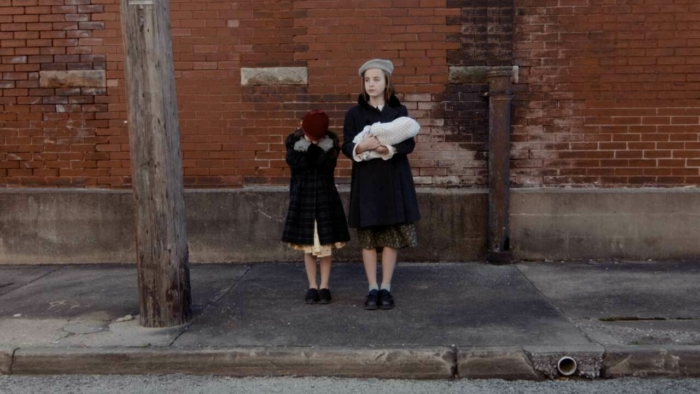
About the Author
More like this
Visit the Behind The Lens Blog


